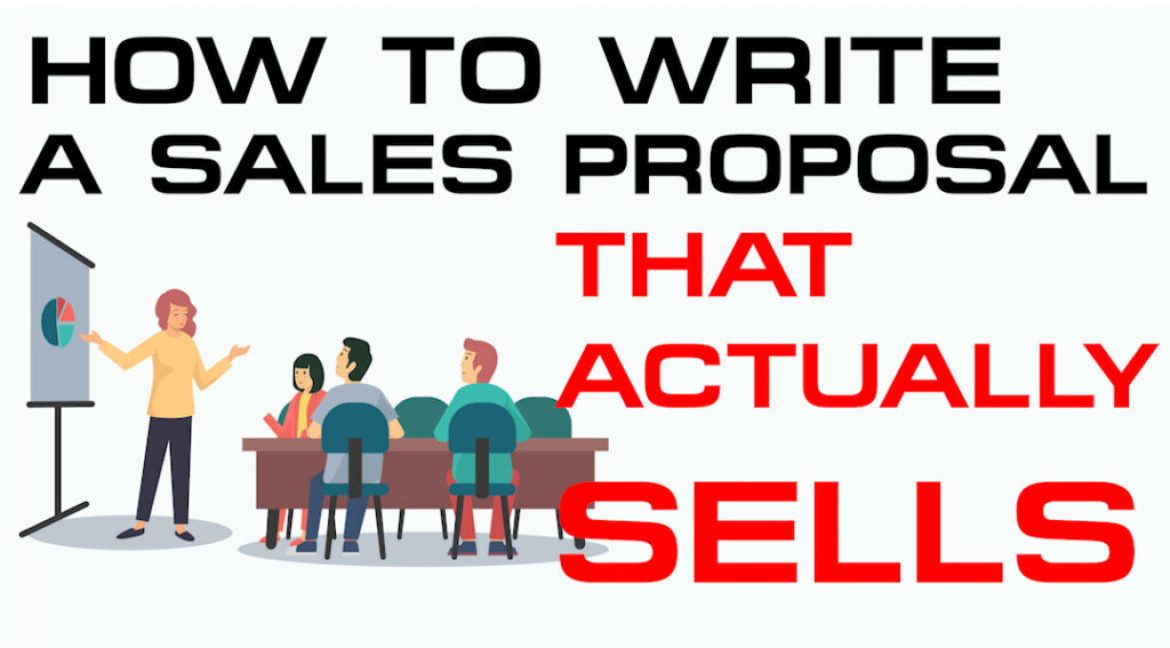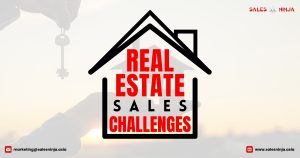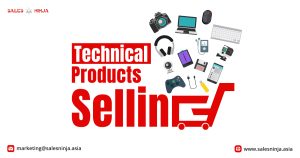A proposal is essential for getting big deals through especially when we’re dealing with corporates.
But what I realize is that most salespeople find it complicated, intimidating, and clueless on what to do with it!
However, writing and using a killer proposal doesn’t have to be complicated if you know the specific points that you need to have in your proposal to give it the best chance for success!
Here’s what you need to have and look out for:
1.  Good Profile
Good Profile
You must have a good profile that either represents you or your company to capture the prospect’s attention.
If you’re doing prospecting, you need to send a profile to attract the customer’s attention and convince them that you’re good.
If you are good, they will grant you the meeting.
And from that meeting, you’ll be able to gather information and customize the proposal to make it a better fit.
But most of the time a salesperson may already be failing at the start of the profile stage.
And if they fail the profile stage, they cannot get the meeting.
It is only in the meeting, after the consultation, during the proposal stage where the real game begins.
2.  Summarize
Summarize
Decision-makers are busy people, make sure you have a one-page executive summary.
This is especially if you sell to high-level people. They have no time to go through your 30 or even a 13 slides proposal, but they would like to see page 1, what exactly are you trying to deliver? And what can you do for customers?
3.  Key Points
Key Points
Highlight their pain points, so they will care!
After the meeting, what I always suggest to my sales participants to do is to summarize the key pain points in the email and proposal to send over to the customers.
Because in our experience there was once, after a meeting, we summarized the pain points and sent them to the customer. However, the customer came back with 2 additional pain points, which wasn’t discussed and discovered in the meeting!
If you don’t formulate that email, and proposal with all of their key pain points, and send it over to the customers, when the customer may not be able to reply to you right away, and your meeting might be tomorrow, this may cause a fog of uncertainty that can kill your sales.
So, it’s dangerous to go into the presentation with a proposal missing key pain points that a customer should have told you, or we should have gotten during the first meeting.
Send emails and see if it can help you gather more input for your customer’s pain points.
4.  Credibility
Credibility
Showcase anything that boosts your credibility.
Step number 4, in your proposal, you must showcase your credibility to solve the customer’s problem.
What is your track record? Capability? Manpower?
What are the skillset and competency of your team that enables you to deliver what the customer wants?
If you’re not credible, don’t have the authority and the track record, It will be difficult for you to win deals in this kind of challenging time because you’ve got tons of competitors that are extremely competent and hungry to win the deals.
Remember to increase your credibility. Make sure that you are good and great enough to win the next step.
5.  Quantify Benefits
Quantify Benefits
Specify in numbers, exactly how your prospects will benefit or save.
Very often in the solution part of the proposal, I see salespeople write, “We are able to help you save costs.”
Save costs is a very bad justification.
You’ve got to justify, exactly how much you can save the customer. Is it 10%? 15%? 5%?
If your product is to increase certain output, how much can you increase? Is it 2%? 5%?
Quantify it to a number that is specific enough to showcase that you know what you’re talking about, and don’t use vague terms.
Using specific numbers and percentages in how you can help your customers save or improve their particular situation will create a better proposal.
6.  Bullet Points
Bullet Points
Get to the point! Avoid long paragraphs.
These days, people cannot compute long paragraphs. That is why I highly suggest, to use more bullet points, summarize the words, and make sure that you use as few words as possible to get your message across because people don’t have time to read the whole story.
Use bullet points, shorten your sentence, get to the point.
7.  Good Design
Good Design
Design and represent your brand well, people are visual creatures.
In this day of age. If your proposal looks outdated, it is not going to capture people’s attention and impress. It’s just like going on to a website, but the website looks like it’s been built in the year 2000. It does not give a good impression.
The same goes for a proposal. Aesthetically, your proposal must look professional and world-class. Because before a customer buys your product and engages in your services, they will look at your proposal. The quality of your proposals creates the perception of the quality of your solutions or services.
So, it’s extremely important that you design a very good-looking proposal so that it highlights the fine details of quality and you can win the hearts of your customers.
8. No Spelling Mistakes
No Spelling Mistakes
Check for mistakes, people’s perceptions can be easily shifted with spelling mistakes.
If you are selling a premium product, would you expect the products to be perfect? Of course! In today’s age, you cannot have something as trivial as a spelling error in your professional proposal especially when you’re selling things in the thousands, hundreds of thousands, or even multi-million dollars.
So, make sure you do all your spell checks. Make sure you proofread. Make sure you get the 2nd guy to really ensure that your proposal reflects the brand of your company.
9.  Experience With Similar Businesses
Experience With Similar Businesses
Showcase your relevance if you’ve worked with similar businesses before.
One of the favorite questions that your customers will ask you is, “Have you handled clients in my industry?”
In B2B selling, clients love to know what you have done for businesses in their category.
Maybe they are a plastic manufacturer for consumer goods. They like to know about that particular industry. Maybe they are property developers, maybe they are a manufacturer doing export for industrial products or plastic pellets.
Whatever it is, they want to know what you have done for businesses like them.
If you have no experience in that sector, it is tougher for you to win, because your credit score goes down.
So, ensure that you must work hard over the years to be niched, to be specialized, to be extremely good in industries that you serve so that you can win a lot more sales.
For example, I have served companies in 20 industries, whether you’re a manufacturer, FMCG, pharmaceuticals, retail, we have buyers in all the industries.
So, when we see a client, if they are a distributor, wholesaler, importer, and trader, or in the logistic business, we can speak their lingo. Because of that, our proposals win because our presentation is more convincing, scoring us a lot of sales and great conversion.
So, if you were to specialize in serving a lot of industries, there are pros and cons, but the pro is,
you’re able to have a lot of different kinds of exposure and win a lot of sales.
Those are the key points on what you need to do for your next proposal. So start crafting your killer proposal today!




